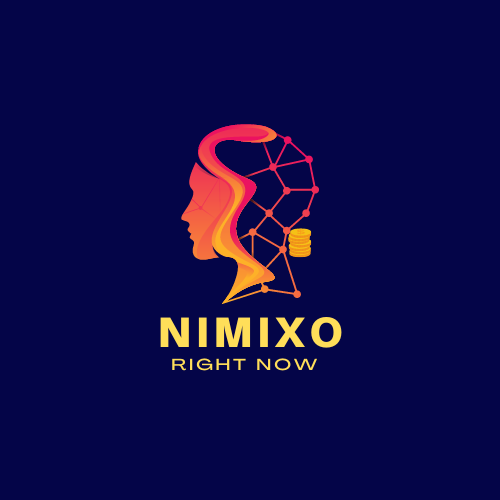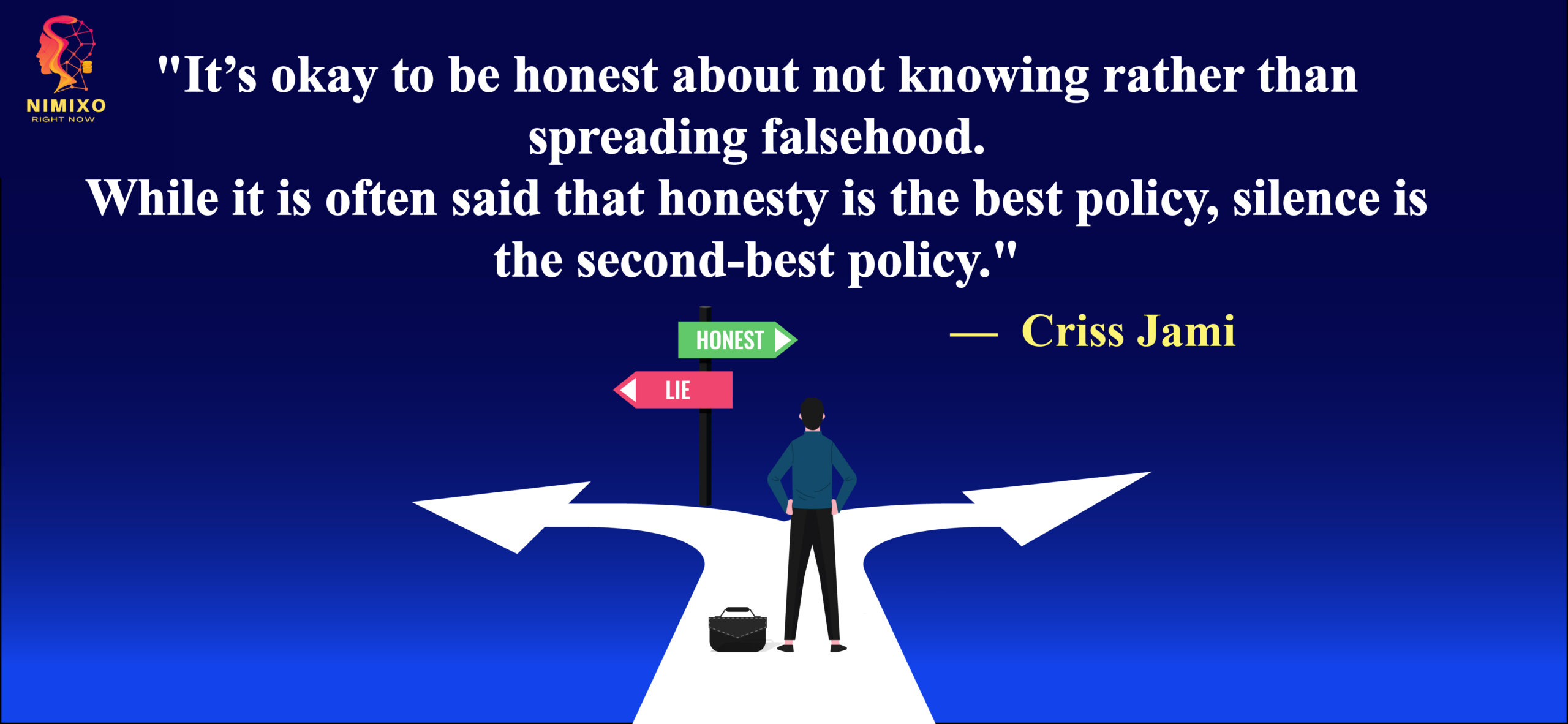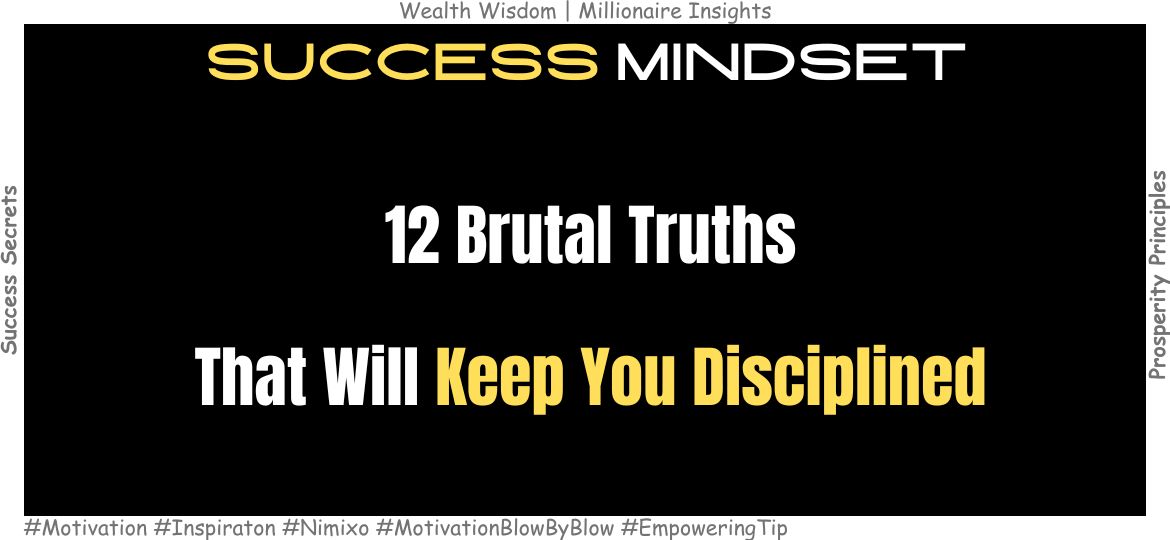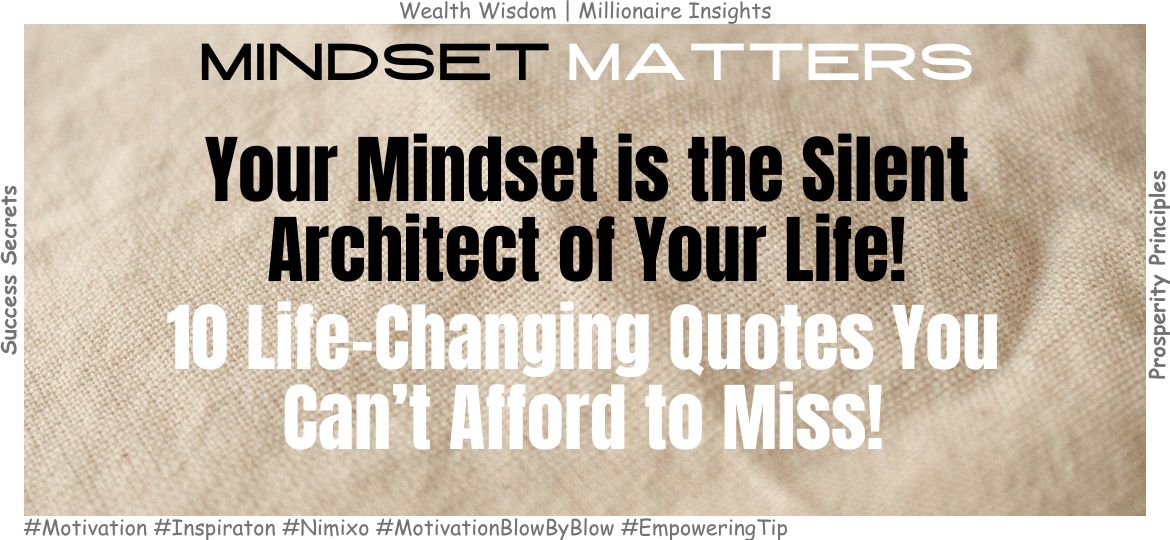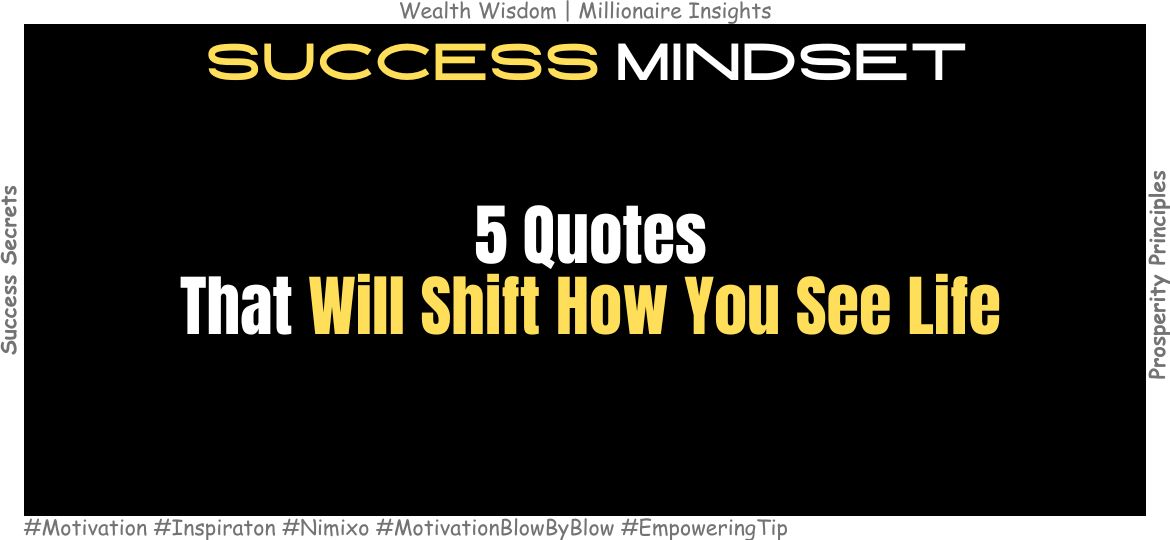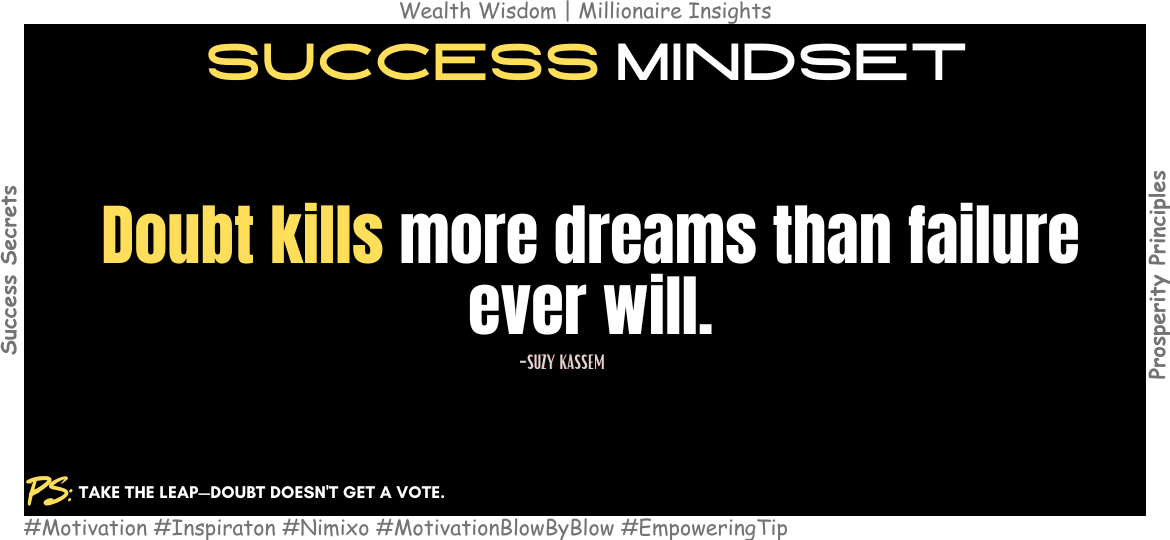The Power of Honesty: Why Admitting Not Knowing Is a Brave Act
In a society driven by the thirst for information and an unyielding quest for knowledge, the demand to embody an all-knowing repository of facts can become overwhelming. At some juncture, we’ve all experienced it – the pressure to appear infallible, resolute, and unwavering in our beliefs. However, let’s take a moment to pause and contemplate: is this relentless pursuit of flawless expertise truly worthwhile? Is it preferable to propagate inaccuracies rather than acknowledge our lack of knowledge? As the age-old saying suggests, ‘Honesty is the optimal approach, and silence is the second-best course of action.’ This article will delve into the timeless wisdom of this adage, exploring why embracing our vulnerability through the admission of ignorance can be a potent and authentic choice.
The Burden of Pretense
Imagine a scenario where you’re at a social gathering, and the conversation turns to a complex topic, one you’re not quite familiar with. The temptation to pretend to know, to nod your head in agreement, or to share your ‘expertise’ is often too strong to resist. This scenario is all too common and illustrates how our fear of not knowing can lead us down a treacherous path.
Spreading falsehoods or pretending to know can have significant consequences. It not only perpetuates misconceptions and misinformation but also erodes trust. Whether it’s in personal relationships or professional endeavors, the act of pretending to know when you don’t only delays the inevitable truth. So, why not break free from this cycle of deception and embrace honesty?
The Power of Honesty
Acknowledging our lack of knowledge is an act of vulnerability and authenticity. It requires bravery to admit, “I’m uncertain” or “I lack knowledge.” And by accepting so, we create an opportunity for genuine learning and development. Consider this real-life example:
Introducing Sarah, a young professional who was often relied upon for answers in her workplace. She was recognized for her expertise and took pride in the admiration of her colleagues. However, one day, her boss assigned her a project that fell far outside her area of expertise. Sarah could have chosen to feign competence, but instead, she confessed her unfamiliarity and sought assistance. The outcome? She not only acquired a new skill but also earned the respect of her team for her sincerity and eagerness to learn.
Sarah’s experience emphasizes that admitting our lack of knowledge can be the initial stride toward both personal and professional advancement. It underscores the potency of honesty as a valuable asset in our toolkit.
Silence: The Second-Best Policy
While honesty is celebrated, silence should not be overlooked. There are moments when admitting ignorance may not be practical or necessary. In such situations, opting for silence over falsehood is indeed the second-best policy. Here’s a snippet to illustrate:
Imagine you’re in a heated debate with a friend who insists on a particular viewpoint. If you’re uncertain and lack substantial information to counter their argument, staying silent is a wise choice. It avoids the spread of inaccurate information while also preventing a futile argument.
Embracing Authenticity
In a time characterized by widespread misinformation and a constant race for knowledge, it’s crucial to underscore the significance of authenticity. By embracing our vulnerability and openly acknowledging what we do not understand, we not only promote a culture of learning and personal development but also establish trust and credibility.
Embrace the strength in acknowledging uncertainty and value silence as a valuable alternative. It’s better to honestly admit not knowing than to propagate misinformation – it’s a brave step that can bring about positive change in ourselves and those around us.
So, the next time you’re faced with a situation where you’re unsure, take a deep breath and admit your ignorance. You’ll be surprised at how liberating and empowering that can be.
